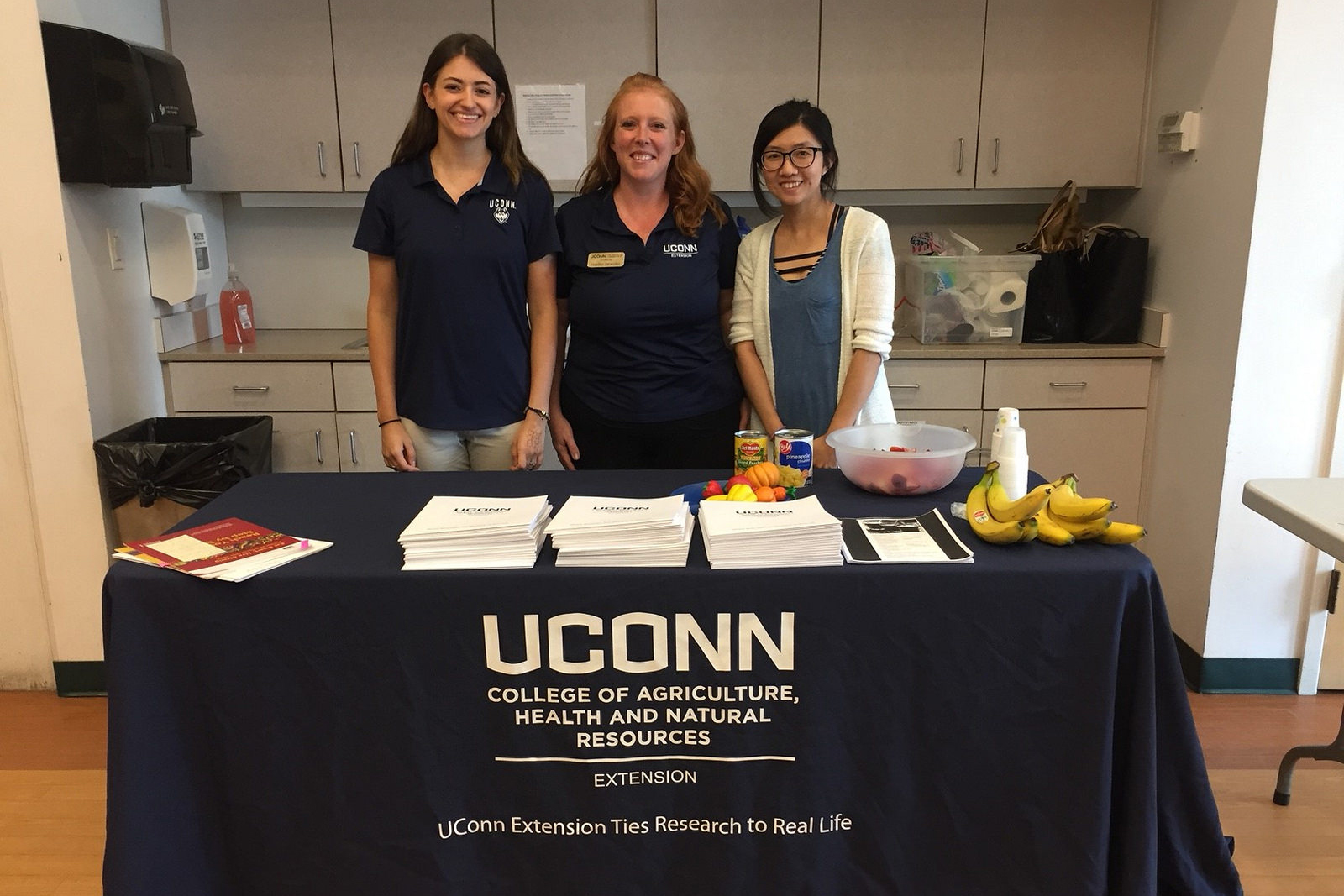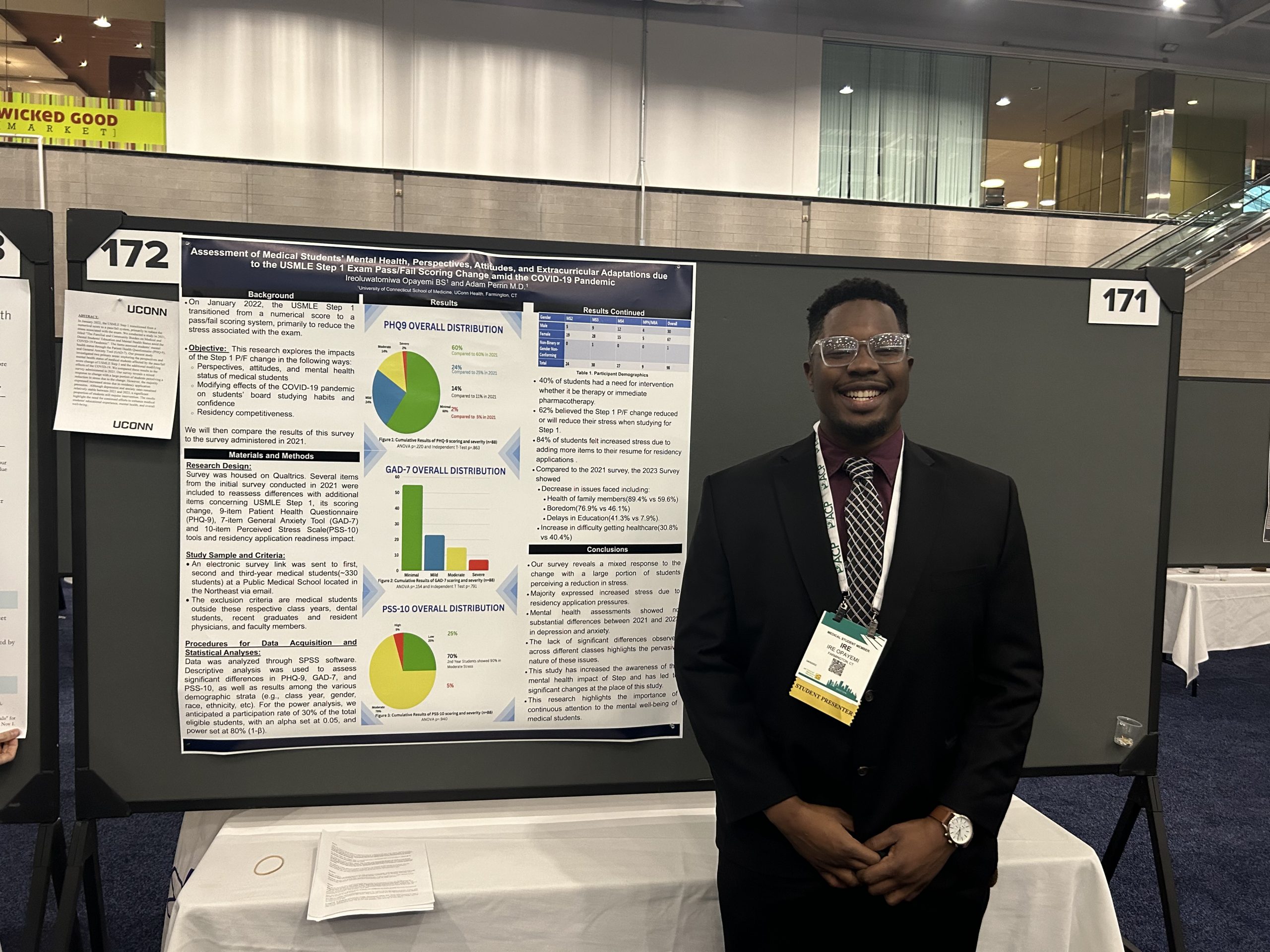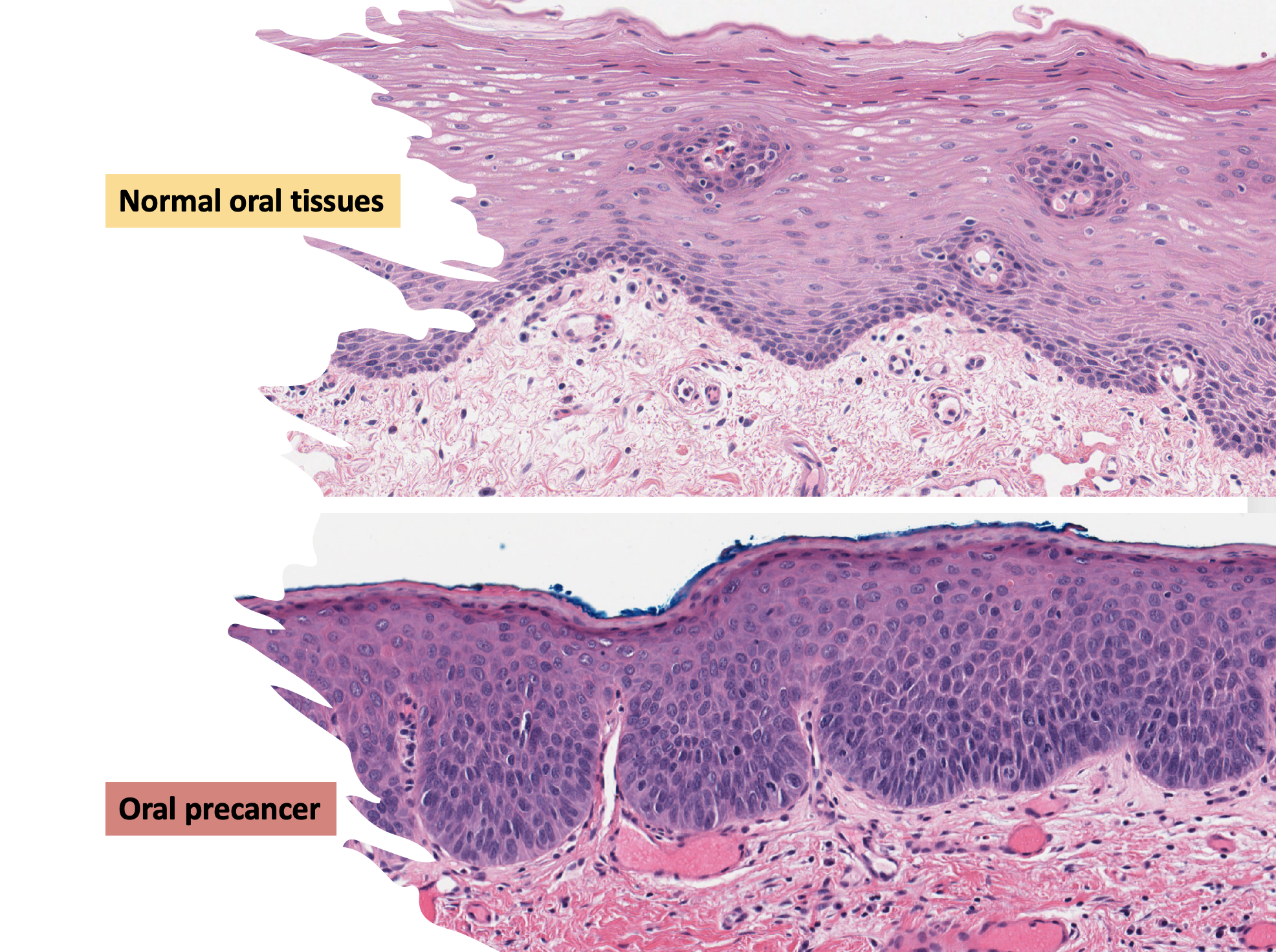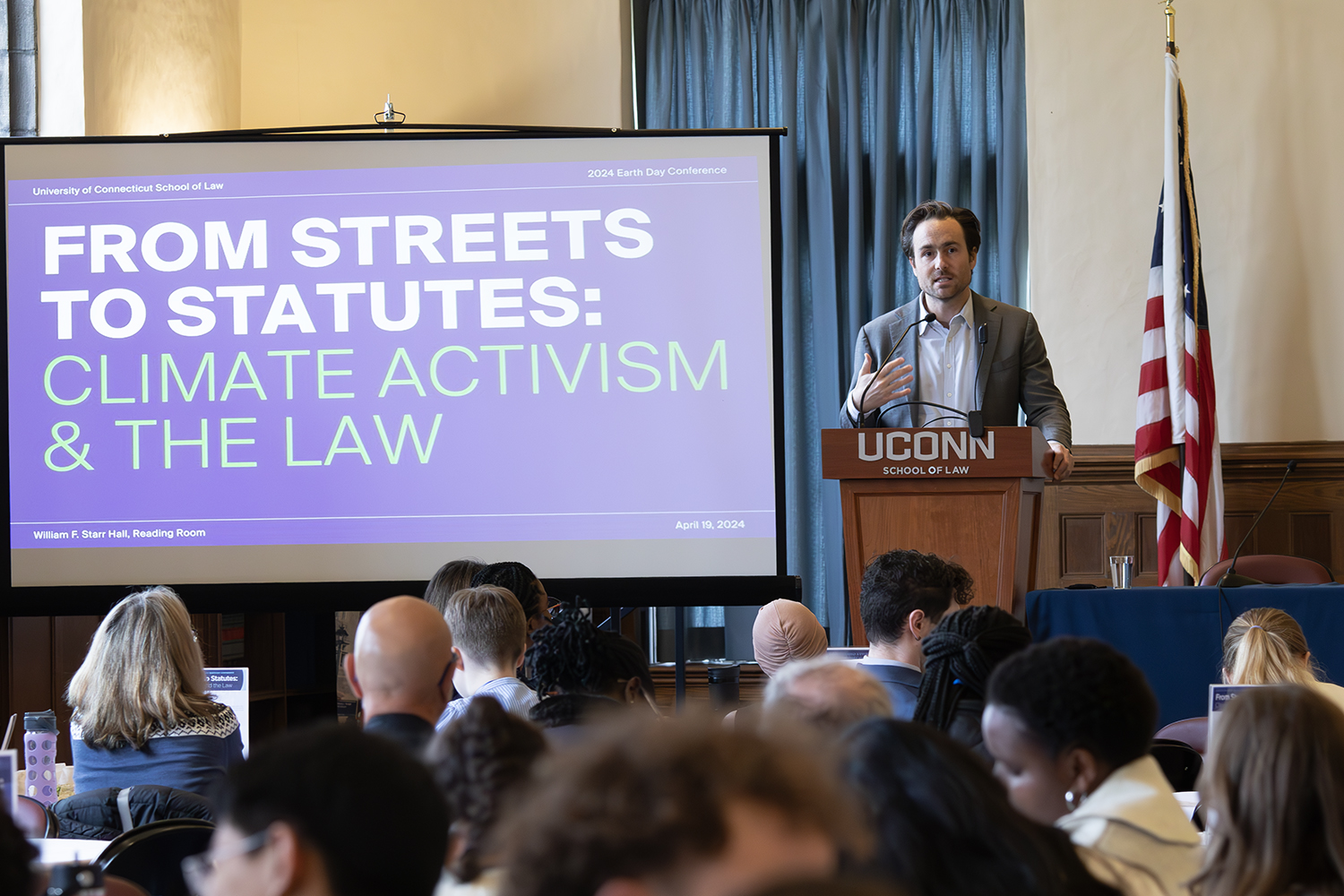According to the latest data from United States Department of Agriculture’s Economic Research Service (ERS), about 41.2 million people are food insecure. People living with food insecurity do not have regular or reliable access to food, leading to “reduced intake, disrupted eating patterns or a reduction in the quality, variety or desirability of diet.” The Supplemental Nutrition Assistance Program (SNAP) provides financial assistance and nutrition-related programming to millions of low-income individuals and families. The Brookings Institute concluded SNAP lifted 10 million people out of poverty, half of whom were children, in 2014.
SNAP also funds educational programs (SNAP-Ed) in each state with the purpose of helping individuals and families make healthy choices and plan their food budgets. SNAP-Ed also is an obesity prevention program offering nutrition education and working to improve access to healthy good and enjoyable physical activity. Connecticut has six different SNAP-Ed projects, administered through the Department of Social Services. Two of the programs are conducted by the College of Agriculture, Health and Natural Resources (CAHNR).
The Department of Nutritional Sciences (NUSC) supervises the Food Security Project in coordination with UConn Extension’s Expanded Food and Nutrition Education Program (EFNEP). Nutritionist Linda Drake, an extension educator, oversees the Food Security Project. The Department of Allied Health Sciences (AHS) administers the School and Family Project. The School and Family Project is managed by Extension Educator and registered dietitians Tina Dugdale and Professor Valerie Duffy of AHS.



